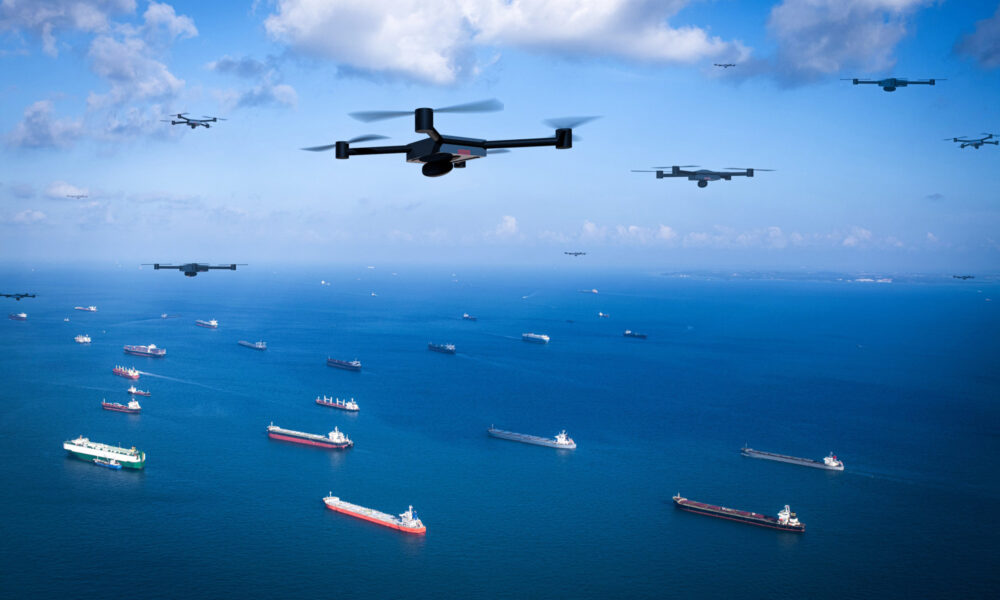News
Robot UAVs Set To Revolutionize Abu Dhabi Maritime Patrols
In a few weeks, robotics experts will compete to create the best autonomous drone to detect criminals along Abu Dhabi’s coastline.

This year, the Mohammed bin Zayed International Robotics Challenge (MBZIRC) Maritime Grand Challenge will pit five elite teams of robotics specialists against one another in the ultimate showdown.
Handpicked from a pool of 52 contenders, the scientists will gather on Yas Island, Abu Dhabi, to solve real-world maritime issues, encompassing problems like illicit fishing, smuggling, and human trafficking, all through the deployment of autonomous drones. Launched in 2017 by Khalifa University, the competition is jointly hosted by ASPIRE and Abu Dhabi’s Advanced Technology Research Council (ATRC).
The scientists’ missions will include tasks such as autonomous target inspection and identification aboard vessels without relying on GPS, object retrieval via drones, and seamless collaboration between UAVs and robotic manipulators.
Professor Lakmal Seneviratne, Director of the Centre for Autonomous Robotic Systems (KUCARS) at Khalifa University, remarked, “We can train our robots and AI to do many things in a very controlled environment,” adding, “For example, factory automation has been around since the 1980s in highly controlled environments. But when you go out into the real world, the uncertainty is huge. So the adaptability and algorithms of our robots are the key aspects to look at in this challenge”.
Also Read: Saudi Arabia Plans Huge Adventure Tourism Oil Rig Facility
Dr. Irfan Hussain, team leader of Fly Eagle, one of the finalists, explained that adaptability will be crucial to win the contest. “They have only a few days to adapt to the environment here, and many parameters are still unknown until the day of the challenge,” says Dr. Hussain. “So their algorithms and their approach need to be robust enough to complete the task regardless of the conditions”.
The unpredictability of the scenarios mirror real-world conditions at sea, where turbulent weather could hamper the missions of autonomous drones tasked with detecting illicit vessels, and GPS signals might also falter in such circumstances.
Come the first week of February, the five finalists will vie for a coveted first-place prize of $2 million to bring their groundbreaking innovations to production.